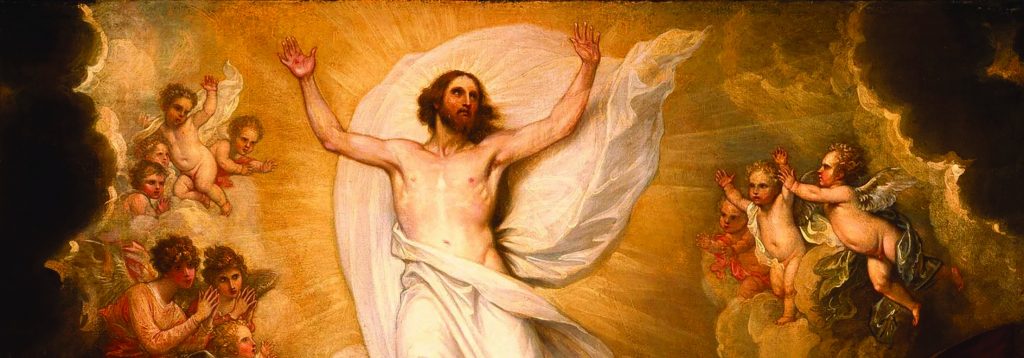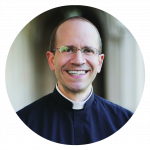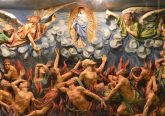Question of Faith: Life after death?

When did the belief in heaven and hell originate among Christians? I have heard that Jewish believers, some early Christians, and even possibly Jesus did not believe in an afterlife.
Most Christians would probably be surprised to know of the diversity of Judeo-Christian beliefs about the world to come. The rather simplistic view that souls entered either an eternal heaven or an eternal hell was not uniformly held in Jesus’ time.
THE UNDERWORLD
Some Jews, such as the Pharisees and Essenes, believed in an afterlife. The Sadducees, however, thought souls ceased to exist after death. These differences of belief are found even in the Bible. In the Old Testament, the texts composed earliest (often before the third century BC) do not indicate hope in an afterlife of rest and peace. Instead, the just and the unjust go to the same place after death: Sheol. Here, souls have only an imperfect, ghostly existence. As the author of Ecclesiastes writes, “The living know that they are to die, but the dead no longer know anything … for there will be no work, no planning, no knowledge, no wisdom in Sheol” (9:5, 10). This less-than-ideal afterlife developed into the concept of hell as a place of punishment.
A PLACE OF PEACE
In the time before Jesus (especially in the first and second centuries BC), Jewish thought shifted away from the understanding that all souls go to Sheol. Instead, the souls of the just were admitted into a place of tranquility. The Book of Wisdom, for instance, reads, “The souls of the righteous are in the hand of God, and no torment shall touch them. They seemed, in the view of the foolish, to be dead; and their passing away was thought an affliction and their going forth from us, utter destruction. But they are in peace” (3:1-3). Jewish thought increasingly embraced two possible destinations – what we call heaven or hell – determined by how one lived his or her life while on earth.
HOPE OF RESURRECTION
The Gospels indicate Jesus’ belief in heaven. Recall Jesus’ response to the Good Thief, “Today you will be with me in Paradise” (Lk. 23:43); and Jesus’ comforting words to the apostles at the Last Supper, “If I go and prepare a place for you, I will come back again and take you to myself, so that where I am you also may be. Where I am going you know the way” (Jn. 14:3-4).
Belief in the resurrection of Jesus became the cornerstone of Christian belief. His followers came to believe that as Christ was raised, they, too, would be raised, sharing in His triumph over death. St. Paul sought to bring hope and consolation to the early Christians with this teaching, “If we believe that Jesus died and rose, so too will God, through Jesus, bring with him those who have fallen asleep” (1 Thess. 4:14).
Christians, however, differed over how this might occur. Some believed that Jesus would soon return, ushering in the Kingdom of God by destroying evil and raising the dead to life. However, as Christians died before Jesus’ return, the focus on the fate of these souls increased. Christians came to believe Christ would judge the dead at the time of their deaths, and, if the souls were deemed to be just, enter into His eternal presence.
As Christians continued to reflect on the hope of resurrection (and as the threat of martyrdom emerged), Christians’ participation in Jesus’ immortality became prominent in preaching and writing. The martyrs’ sacrifices helped highlight this connection: that those who believed in Him would share in His death and resurrection. This understanding that Christians embrace today replaced the divergent views of the afterlife that had existed at the time of Jesus.
 FATHER DAVID ENDRES is associate professor of Church history and historical theology at Mount St. Mary’s Seminary & School of Theology.
FATHER DAVID ENDRES is associate professor of Church history and historical theology at Mount St. Mary’s Seminary & School of Theology.
This article appeared in the November issue of The Catholic Telegraph Magazine. For your complimentary subscription, click here.













